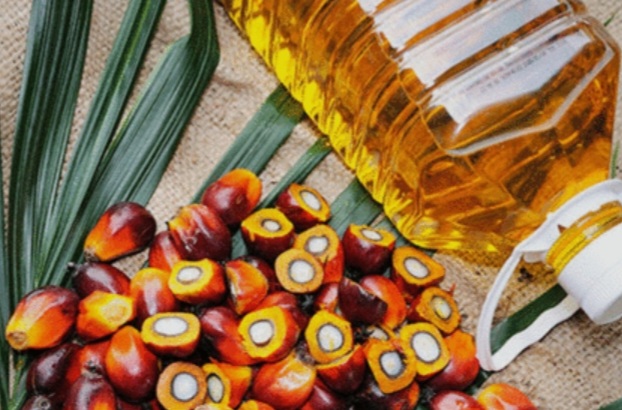New Delhi/Shimla: Health professionals and pediatric specialists are sounding the alarm about the rampant use of palm oil in fast foods and snacks, warning of its devastating health impacts on children.
Dr. Bhawna, a counselor for pediatric surgery at PGI, has highlighted that the unchecked use of palm oil is directly contributing to a surge in heart attacks and diabetes among young Indians.
"Palm Oil Is a Bigger Threat Than Smoking and Alcohol Combined"
According to data from EMRI, a shocking number of heart attack victims in India are under 50, and palm oil is emerging as a major culprit. Dr. Bhawna emphasized, "Palm oil is far more dangerous than we realize.
It disrupts brain signaling, promotes fat accumulation in the heart, and sets the stage for early diabetes. And yet, it’s present in nearly all processed foods marketed to our children."
From biscuits to chocolates, and even popular snacks like Lays chips, palm oil is everywhere. Worse, multinational companies use healthier oils in Western countries but flood the Indian market with cheap, harmful palm oil to cut costs.
Palm oil has saturated fat that increase the risk of heart attacks said the experts.
Children Addicted to Junk, Risking Future Health
Palm oil not only makes food addictive but has also replaced fruits and vegetables in children’s diets, robbing them of heart-protective nutrients.
The World Economic Forum predicts that 50% of premature deaths globally will soon be linked to diabetes and heart disease – a grim statistic India can’t afford to ignore.
Doctors Call for Action
Over 1 lakh doctors across India are uniting to petition the government to ban palm oil use in food products. "Our Prime Minister need to prioritize the health of our children over corporate profits. The palm oil mafia may be big, but our fight for the future of India’s children is bigger," said the experts.
Parents are also being urged to scrutinize food labels and avoid products containing palm oil, palmolein, or palmitic acid. "Protecting our children from this silent killer isn’t just the government’s responsibility. It’s ours too," she concluded.
With the health of an entire generation at stake, will the government act before it’s too late?





